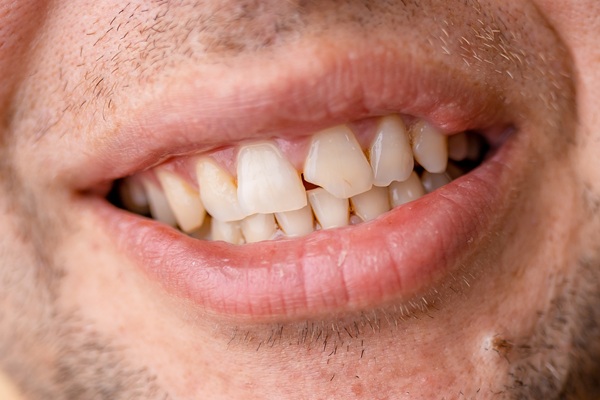5 Ways to Handle a Dental Emergency While Traveling

A dental emergency while traveling is an inconvenient nightmare. Imagine you have concluded a perfect vacation – probably a two-week stint in the tropics or travel documentary through Asia. You have planned every event and eager to set the sails for your adventure. But, one aspect you probably did not consider is the step you would take if, while you are basking in the euphoria of the amazing nightlife, you suddenly experience a stabbing pain in your jaw that would not go away with all the tequila shots you can manage.
Handling a dental emergency while traveling
Here are five ways to handle a dental emergency while traveling:
1. Go for a dental evaluation before traveling
Pay your dentist a visit before traveling. If you are worried about the condition of your teeth, such as unexpected teeth sensitivity to cold or hot things or pain in the oral cavity, you should have the dentist perform a dental evaluation. The symptoms you experience could be warnings of tooth decay or a crack, so it is better to have the dentist detect and treat any problems before you travel.
2. Request for a referral
While the dentist may not know any dentist where you are traveling to, they have the resources to help you locate a reputable oral care provider in that location. Ensure you request a dentist that can render emergency dental services and are easily accessible. Keeping a dental recommendation handy could make a remarkable difference to your vacation.
3. Complete dental procedures before traveling
You may have recently undergone root canal treatment, so do not go on vacation before completing the procedure. The changes in air pressure on the plane can cause you pain after a root canal procedure. You are also more vulnerable to infections, which makes it inadvisable to travel without completing a dental procedure.
4. Stay away from the hard items
Avoid hard food items while traveling. Foods such as hard candies, ice cubes or popcorn kernels can cause strain on the teeth. Hard food materials can cause chipped or cracked teeth. Try to resist the urge to indulge in the crunchy items to ensure you never require emergency dental services while traveling.
5. In the event of a dental emergency
Attempt to find the nearest emergency dental practice. This would be the perfect time to call the referral you got from your dentist. If you must use pain relievers or aspirin to reduce the pain, keep it away from the affected area as they may burn your gum tissues. If the tooth is removed from its socket, try to wash it with clean water. If you can, restore the tooth back to its position and keep it there until you receive dental attention.
The earlier the treatment, the better the chances of saving the tooth.
Final note
Simply preparing against a dental emergency is not enough to prevent an occurrence – sometimes accidents happen. If you do end up cracking or chipping a tooth, try to rinse your mouth with preferably a salty solution and place an ice pack on the area.
Request an appointment here: https://www.lilburnfamilydentistry.com or call Lilburn Family Dentistry at (770) 800-0178 for an appointment in our Lilburn office.
Check out what others are saying about our services on Yelp: Read our Yelp reviews.
Recent Posts
Dental crowns are restorations that can address a range of dental issues, from severely damaged teeth to protecting a tooth after a root canal. They help preserve oral health and enhance a smile's appearance. In addition to being versatile, they are available in different materials, which can be helpful for individuals who want options.Dental crowns…
A broken tooth is a common dental issue that can happen for many reasons, such as accidents, biting into something hard, or untreated tooth decay. Whether a dentist can save a broken tooth or needs to remove it depends on how severe the damage is and how quickly patients seek treatment. While modern dental techniques…
Dental crowns are a popular dental restoration, effectively preserving and enhancing the function of damaged or weakened teeth. These custom-made caps are designed to fit over the existing tooth, providing both structural support and improvements in your smile's appearance. However, not all dental crowns are created equal. The type of dental crown you choose can…
Your dentist can help determine if you need dental crowns. There are many reasons for getting these restorations. The main goal is always to restore the tooth and enhance its functions. Here are the signs you may need dental crowns soon.Losing at least one tooth can cause more dental problems. It can lead to dental…


